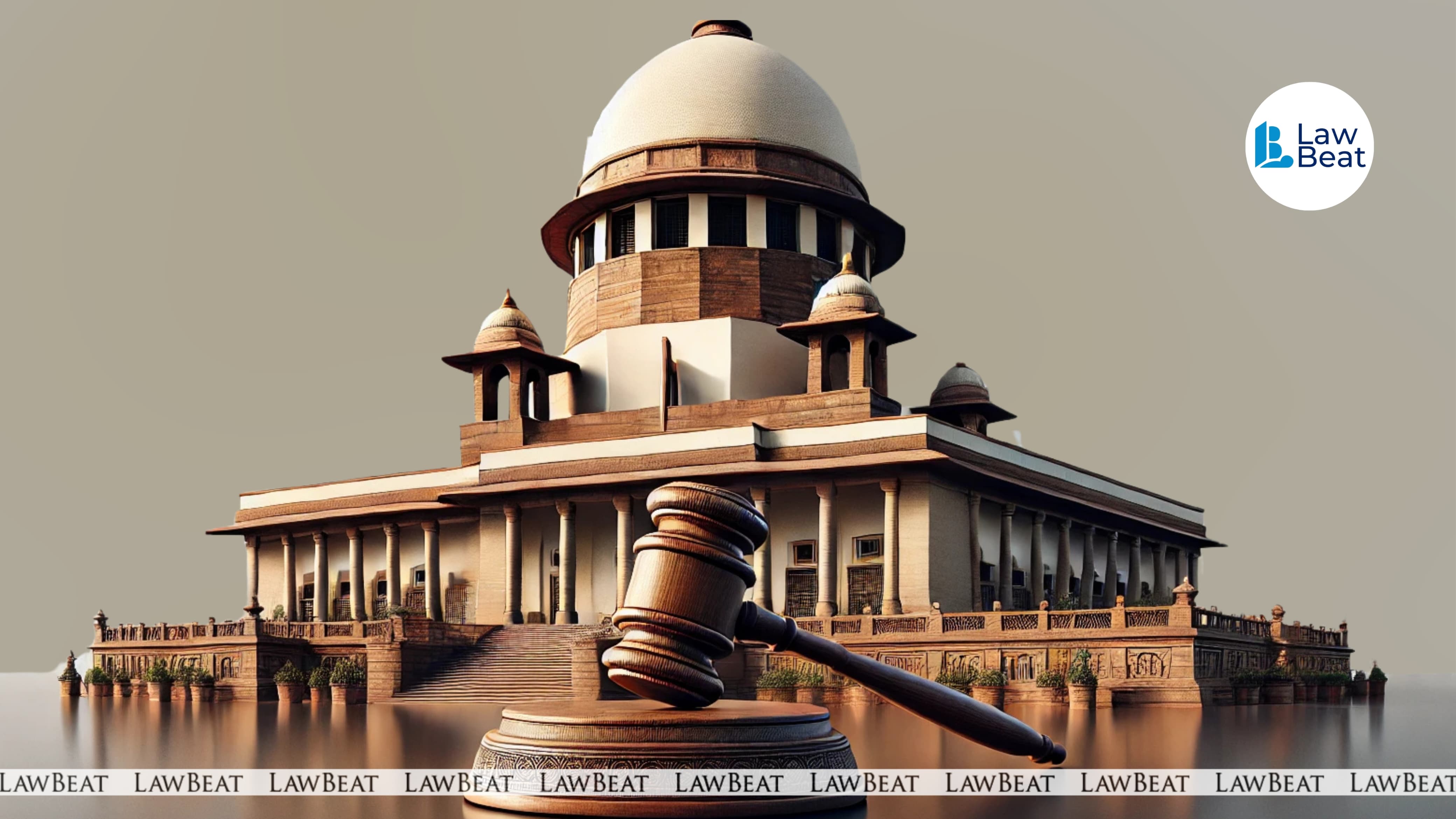'Constitutional Powers of HCs, SC Can't Be Fettered': SC Orders Maha Police to Vacate Flats Occupied Since 1940

It has been now 84 years that the police department has been in occupation and use of the two flats. Look at the conduct of the department, for the past eighteen years, even rent has not been paid, court said
The Supreme Court recently observed that the constitutional powers vested in the high court or the Supreme Court cannot be fettered by the mere existence of an alternative remedy. It emphasized that injustice—whenever and wherever it occurs—should be struck down as an anathema to the rule of law and the provisions of the Constitution.
A bench comprising Justices J B Pardiwala and R Mahadevan underscored that the rule of exclusion of writ jurisdiction by availability of an alternative remedy is a rule of discretion and not one of compulsion.
"There can be many contingencies in which the high court may be justified in exercising its writ jurisdiction in spite of availability of an alternative remedy," the bench said.
Court was dealing with a civil appeal filed by Neha Chandrakant Shroff and another, challenging the Bombay High Court’s order dated April 30, 2024. The high court had dismissed their writ petition, which sought directions for the release of two South Mumbai flats that had been occupied by the police department since 1940.
The bench, while directing the respondents to hand over possession of the flats to the appellants, observed, "We are happy that we have been able to do justice with the appellants who have been frantically trying to get back their property (two flats) in question which the State occupied way back in the year 1940 without any written order requisitioning the two flats for temporary use by the Police authorities or any lease deed in writing".
The apex court noted that the high court appeared hesitant to exercise its writ jurisdiction, seemingly due to a misunderstanding regarding the nature of possession. The high court had concluded that the possession was permissive in nature and, on that basis, considered it appropriate to relegate the appellants to pursue the alternative remedy of filing a civil suit.
"The high court should have kept the year in mind i.e. 1940. This country was ruled by the Britishers. The country was fighting hard to seek independence from the Britishers. Bombay in the year 1940 was altogether different," the top court said.
It observed that, at the relevant point in time, the department may have possibly persuaded the appellants or their predecessors in title to part with possession of the two flats in favour of the police department.
"However, it has now been 84 years since the Police Department has been in occupation and use of the two flats. Look at the conduct of the Department. We are informed that past eighteen years, even rent has not been paid," the bench said.
The court opined that in such a situation, to ask the appellants to file a suit and recover the possession would be like adding insult to the injury.
"At this point of time, if the appellants are asked to institute a suit, we wonder how many years it would take by the time the litigation would come to an end if at all it reaches upto the highest Court of the country. These are the hard facts, the High Courts are expected to keep in mind in today’s times," the bench said.
This is one of those cases wherein the high court should have readily exercised its writ jurisdiction, the bench stressed.
During his personal appearance, Nitin Pawar, Deputy Commissioner of Police, Office of the Commissioner of Police (Headquarters), Mumbai, had informed the apex court that two families of police officers were currently residing in the two flats in question.
As the flats in question were not being used as offices by the department, the bench, on January 28, 2025, suggested that the parties meet and attempt to resolve the dispute amicably.
The bench then directed that if the respondents wished to retain possession, they must sign a lease agreement with rent based on the market value. This would be without prejudice to the petitioners' challenge to the high court's judgment. The bench also pointed out that after over 80 years of occupation, the police department could easily relocate, allowing the petitioners to regain possession of their property.
Subsequently, on March 3, 2025, the bench noted that the petitioners proposed the following options: the State may retain the premises by paying market rent as of the current date; the State may outright purchase the property; or the State should hand over vacant and peaceful possession of the property.
The court found that the respondents' response to the three proposals was not substantive.
"In such circumstances, we need not hear the parties anymore on any other issues. We set aside the impugned judgment passed by the High Court and allow the original writ petition preferred by the appellants before the High Court," the bench said.
The court granted four months’ time to the respondents to hand over vacant and peaceful possession of both the flats in question to the appellants along with the arrears of rent accrued till the date of handing over of the possession of the two flats.
"We are informed that the Department has not been paying rent from 2008 onwards. The rent shall be calculated accordingly and be paid to the appellants," the bench said.
The court also directed the Deputy Commissioner of Police to file an undertaking on oath within one week stating that the department would hand over vacant and peaceful possession of the two flats in question definitely to the appellants within a period of four months.
Case Title: Neha Chandrakant Shroff & Anr Vs The State of Maharashtra & Ors
